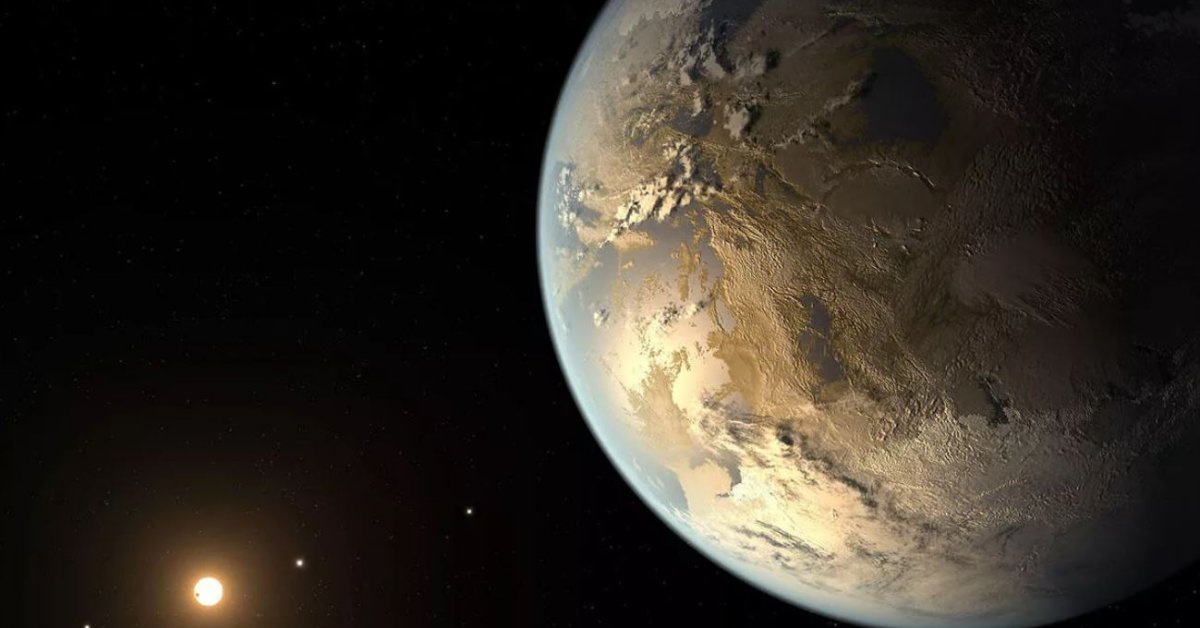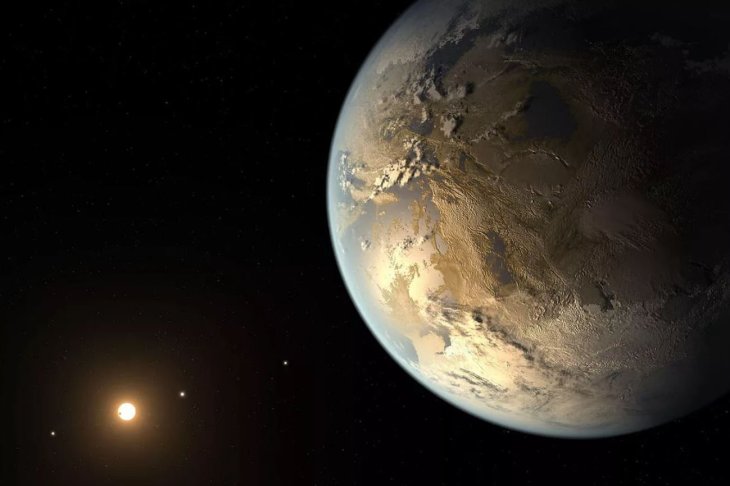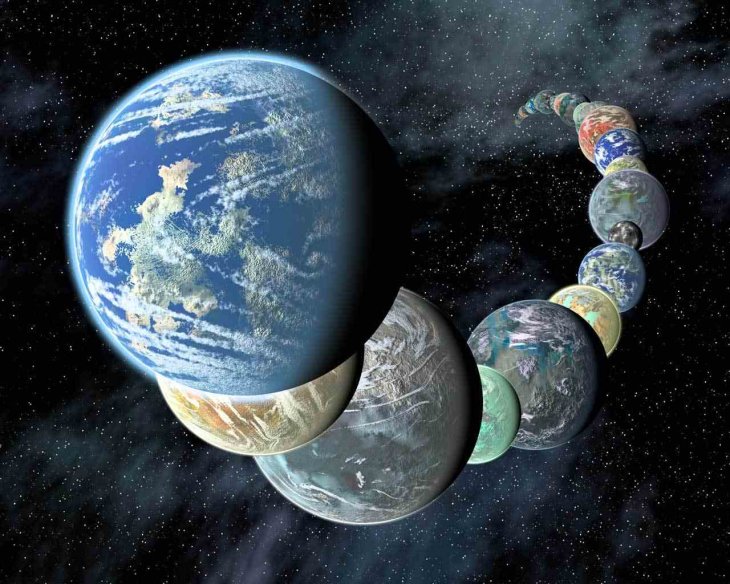Scientists Find 24 Exoplanets Even Better To Host Life Than Earth
Dhir Acharya - Oct 07, 2020

Earth is a wonderful planet to live on, but scientists have found 23 exoplanets that could be even better to host life than our home planet.
- This Exoplanet Is So Hot That Rock Evaporates And Rains Into Magma Ocean
- NASA Found A Second Earth In The Abandoned Data From A Retired Telescope
- This Exoplanet Pours Down Iron When It Gets Rainy
Astronomers have spent a lot of time searching for another “Earth,” an exoplanet that can host life the way our home planet does with the hope we can settle down somewhere else one day. As Earth has provided humans with an amazing environment to live in, we have to set high bars for our future home.
However, a paper published last month, led by geobiologist Dirk Schulze-Makuch, identifies 24 exoplanets that are probably super habitable, even more suitable to host life than Earth itself.

The research team came up with a set of criteria to see if a planet is potentially super habitable. The criteria include age from 5 to 8 billion years (our Earth is approximately 4.5 billion years old) as well as a location within the habitable zone of a star where there could be liquid water. The researchers also sought long-lived stars cooler than the Sun.
Instead of looking for Earth clones, the research team focused on more massive planets than our home planet. On Monday, the Washington State University that the researchers work for stated:
“One that is about 1.5 times Earth's mass would be expected to retain its interior heating through radioactive decay longer and would also have a stronger gravity to retain an atmosphere over a longer time period.”

Those criteria were applied to 4,500 exoplanets known to researchers and they could identify 24 of them that were the closest to meeting the requirements. Though none of them ticked all the boxes, they are the sign that there are other life-friendly planets in the universe than just Earth. WSU said:
“Habitability does not mean these planets definitely have life, merely the conditions that would be conducive to life.”
Another thing to consider is that the candidates are more than 100 light-years away from Earth, which is too far for us to reach.
However, these findings suggest that we may not find planets exactly like Earth but even better to host life. From here, in the future, we can direct resources of space telescopes like the James Webb.
“We have to focus on certain planets that have the most promising conditions for complex life. However, we have to be careful to not get stuck looking for a second Earth because there could be planets that might be more suitable for life than ours.”
>>> NASA Will Give $5 Million To Anyone With The Best Solution To Store Energy On The Moon
Featured Stories

Features - Jan 29, 2026
Permanently Deleting Your Instagram Account: A Complete Step-by-Step Tutorial

Features - Jul 01, 2025
What Are The Fastest Passenger Vehicles Ever Created?

Features - Jun 25, 2025
Japan Hydrogen Breakthrough: Scientists Crack the Clean Energy Code with...

ICT News - Jun 25, 2025
AI Intimidation Tactics: CEOs Turn Flawed Technology Into Employee Fear Machine

Review - Jun 25, 2025
Windows 11 Problems: Is Microsoft's "Best" OS Actually Getting Worse?

Features - Jun 22, 2025
Telegram Founder Pavel Durov Plans to Split $14 Billion Fortune Among 106 Children

ICT News - Jun 22, 2025
Neuralink Telepathy Chip Enables Quadriplegic Rob Greiner to Control Games with...

Features - Jun 21, 2025
This Over $100 Bottle Has Nothing But Fresh Air Inside

Features - Jun 18, 2025
Best Mobile VPN Apps for Gaming 2025: Complete Guide

Features - Jun 18, 2025
A Math Formula Tells Us How Long Everything Will Live
Read more

ICT News- Feb 20, 2026
Tech Leaders Question AI Agents' Value: Human Labor Remains More Affordable
In a recent episode of the All-In podcast, prominent tech investors and entrepreneurs expressed skepticism about the immediate practicality of deploying AI agents in business operations.

ICT News- Feb 19, 2026
Escalating Costs for NVIDIA RTX 50 Series GPUs: RTX 5090 Tops $5,000, RTX 5060 Ti Closes in on RTX 5070 Pricing
As the RTX 50 series continues to push boundaries in gaming and AI, these price trends raise questions about accessibility for average gamers.

ICT News- Feb 18, 2026
Google's Project Toscana: Elevating Pixel Face Unlock to Rival Apple's Face ID
As the smartphone landscape evolves, Google's push toward superior face unlock technology underscores its ambition to close the gap with Apple in user security and convenience.
Comments
Sort by Newest | Popular